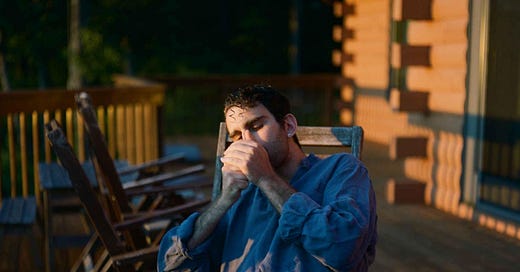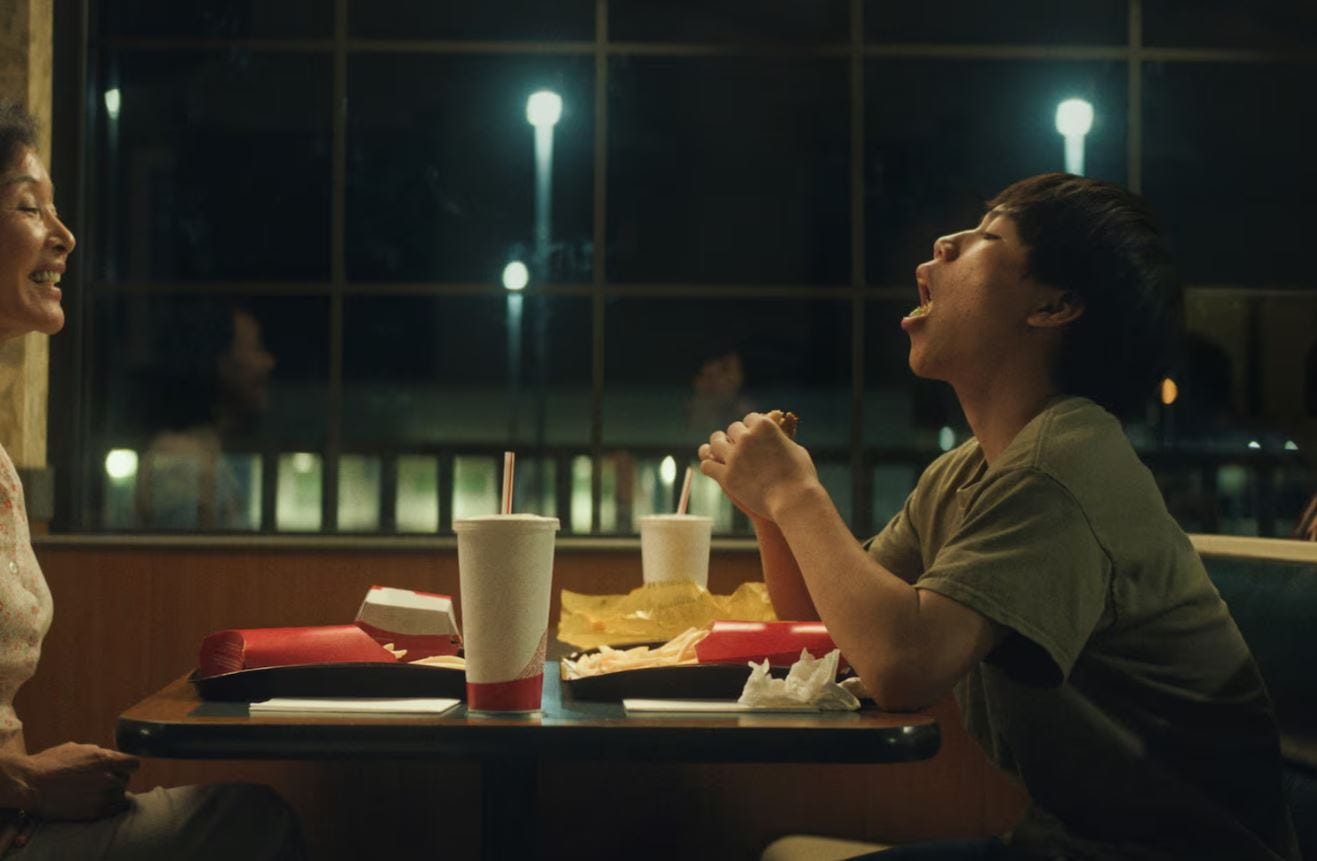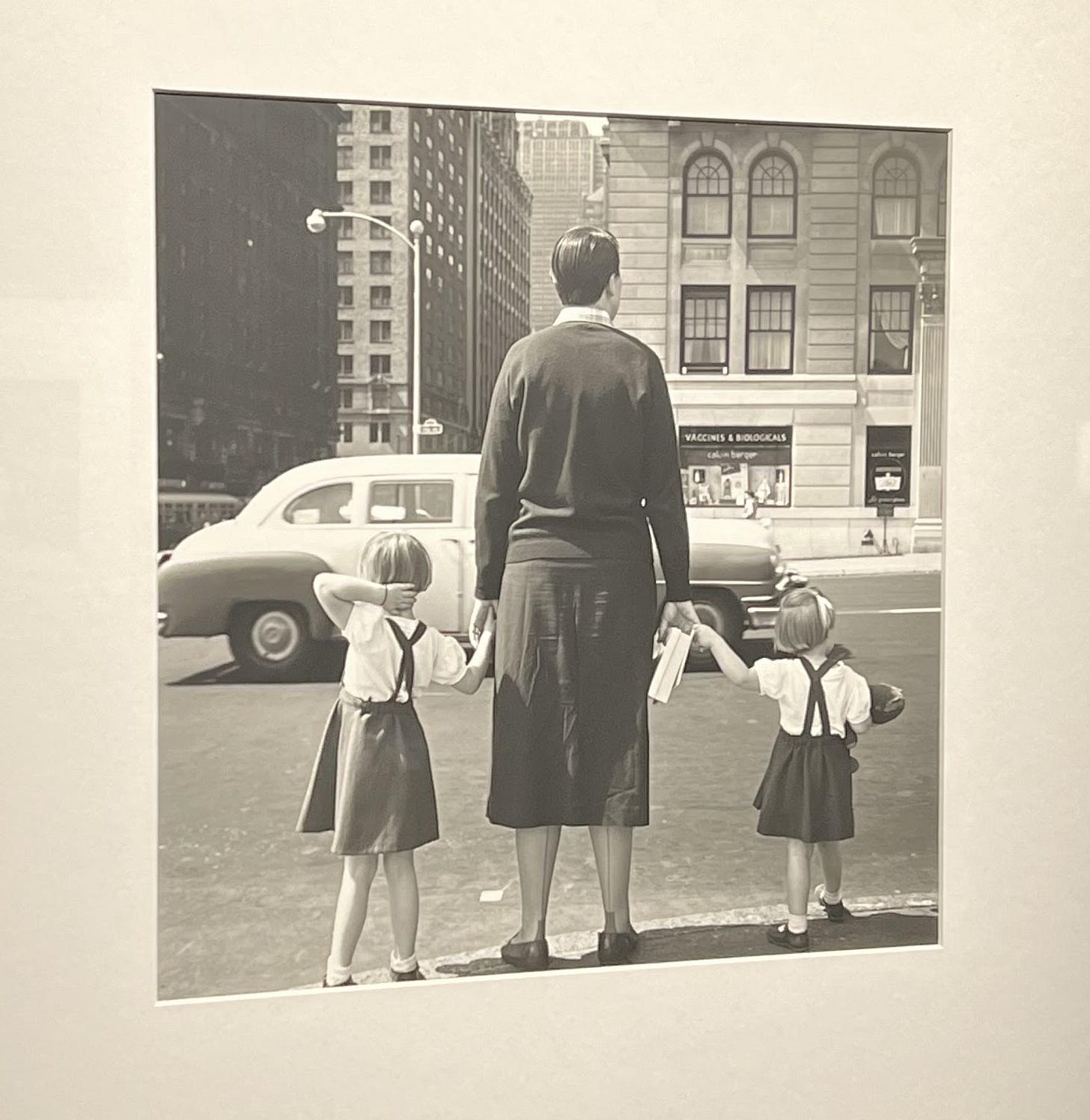“[But] how should we take account of, question, describe what happens every day and recurs every day: the banal, the quotidian, the obvious, the common, the ordinary, the infra-ordinary, the background noise, the habitual?”
Georges Perec, L’infra-Ordinaire [The Infra-Ordinary], 1974
“The gaze elevates the body, and every gaze depends on the gaze of the other.”
Pascal Quingard, Vie Secrète [Secret Life], 1998
Once again, I find myself at the movies. I guess this is sort of a common thread in my life. The movies are a welcome escape for me. It’s maybe the only place where I can totally dissolve my concern of self and worries of the outside world. It’s a kind of exercise in presence and mindfulness, maybe as close as I personally come to it. And there are snacks…but more on that later.
I’m watching Didi, a new coming-of-age film by debut director Sean Wang. The film is set in 2008 and revolves around a 13-year-old Taiwanese-American boy who is navigating his fairly normal life as a socially awkward teen. It’s clearly autobiographical for Wang, and as a film it certainly has its moments of connection. I’m sure even more so if you’re the child of an immigrant (not me, but I imagine it is more resonant for those people). The film follows Didi’s life over the course of a summer and explores his relationships with old friends, new ones, and his mother, sister, and grandmother. His mother struggles to make sure the home is kept together while their father works back in Taiwan.
Didi and his mother
I’m not super interested in talking about the film itself, but more about a realization I had while watching it. I was reminded of two specific conversations between characters in two other films: Past Lives and Everything Everywhere All At Once. (These are two films which I will note, for whoever might be a film snob among you, are not liked by particular film snobs.) The conversations that occurred were brief, maybe only a few lines of dialogue. Like in Didi, they centered around the characters concern of being ordinary. I will also note these films are also all written by Asian people and explore cultural assimilation, to some extent, which I think is interesting. I don’t mean to suggest other writers and directors have not explored this realm of the ordinary, clearly, they have. Off the top of my head films that explore this idea include:
- American Beauty (OH NO KEVIN SPACEY)
- Amélie (I fucking HATE this quirky bullshit)
- Little Miss Sunshine (I love this movie because I want to kill myself)
But the connective tissue here, and in my mind, was the idea that all of these characters felt like their lives were just boring, of little note, and seemed to be questioning their own value in existing at all. “I’m just so ordinary,” the characters express, my life is so uncompelling that no one could love me, or be interested in me, or remember me. Maybe, in fact, my entire life was a mistake.
Didi’s mother, played by the beautiful Joan Chen, expresses something to this effect to her son in their final conversation in the film. She is apologetic in telling him this, as if she’s sorry for her own life. It’s also abundantly clear in the conversation that she loves her son deeply and would love him no matter how much of an annoying dickhead he was (which, to be fair, most of us were at 13 years old).
It struck me watching this conversation on a twenty-foot screen. This was not ordinary! This was profound. This was the stuff of life! I was completely captivated by this story, by these relationships. And yes, they were familiar ones, recalled and replicated in all our own lives. I paid $18 (plus tax) and the outrageously overpriced concession cost of $12 for POPCORN (everyone at AMC Corporate should be ARRESTED and sent to re-education camps). I was here for this experience. I was enraptured by a young boy’s summer and his relationship with his loving mother. Ordinary? How could this be ordinary?
Well, the answer is simply: it isn’t ordinary. But also, it is. And that’s what is so fucking cool.
Because the fact of the matter is, there’s no such thing as ordinary, not when it comes to life.
Every single day people are experiencing Shakespearean level dramas in their friendships, relationships, losses, victories, everything. It’s happening all the time. And it’s happening to you as well, if you stop for a moment and get outside of your head. The only thing that matters in life – the thing I spent my time and money to come watch in a crowded room of people looking to both escape and feel something – is connection. Not a single other thing matters. Our ability to connect to that is frequently hindered by the realities of survival, stress, our anxieties, even our own tendency to devalue and demoralize ourselves because, like Didi’s mother, we have no idea how we got here. We don’t even know if our lives are worth living anymore.
This predicament reminds me (Jesus Christ forgive me, may the Gods above in heaven forgive me) of a speech David Foster Wallace gave to the Kenyon College Class of 2005.
“If you’re automatically sure that you know what reality is, and you are operating on your default setting, then you, like me, probably won’t consider possibilities that aren’t annoying and miserable. But if you really learn how to pay attention, then you will know there are other options. It will actually be within your power to experience a crowded, hot, slow, consumer-hell type situation as not only meaningful, but sacred, on fire with the same force that made the stars: love, fellowship, the mystical oneness of all things deep down.”
My own cynicism hears words like this and thinks – sure. Life is beautiful and meaningful. Yippee. But the simple fact is, if you don’t truly believe it, there’s no use to the notion. It might be worth noting that all the perspective in the world did not prevent David Foster Wallace from taking his own life. Then again, it’s hard to imagine all the Buddhists are wrong. There’s simply too many of them walking around looking very pleased.
But it is a beautiful thought, isn’t it?
This week I had the pleasure of visiting the Fotografiska Museum in New York City. The main event was an exhibit of photos by photographer Vivian Maier. Vivian died in 2009 in Oak Park, Illinois at the age of 83. She had spent her life doing street photography, capturing people raw and real around Chicago, New York City, and Los Angeles. She had also spent her life a complete unknown. Her work was not even put on the internet until one year before her death.
If you look through her photos, undoubtedly you will find something that touches you. Something as simple as a gathering of children’s feet becomes evocative, meaningful, profound. The best part is that Vivian spent her life as a private person, spending most of her time as a wallflower with her Rolleiflex camera capturing slices of stranger’s lives. She was just a woman with a camera taking photos. Ordinary. But also, not.
One of my favorites, children standing in Chicago in 1962
John Maloof, curator of some of Maier's photographs, summarized the way the children she nannied would later describe her:
“She was a Socialist, a Feminist, a movie critic, and a tell-it-like-it-is type of person. She learned English by going to theaters, which she loved ... She was constantly taking pictures, which she didn't show anyone.”
When I read this, it made me want to cry. Can you imagine? Her photos have received critical acclaim and have been exhibited all over the world. They’ve been published in nine different books. She never even got to see it happen and, by all accounts, never intended it. She was just living her life in a way she enjoyed, just for the sake of it. Is that not the most beautiful fucking thing you have ever heard?
Wasn’t that an ordinary life?
I am not often moved by photography. I am perhaps more moved because Vivian uses the same format and style camera that I have been tinkering with these last few months, so I fancy ourselves the same (we are not, her photos are obviously much better).
New York, 1954
I find myself moved to tears at moments in the exhibit. How could something be so simple yet so beautiful? How could something so ordinary be so moving? I think inside ourselves there is some human deficiency that refuses us the ability to see the beauty in our being. To miss out on the notion that it is only by incredible luck that we are here and now, in this fleeting moment, never to be again. That our ordinary lives are incredible epics the likes of which never have been and never will be again.
The exhibit reads:
“Vivian Maier observed life. She watched it happen, followed it, even hunted it, leaving nothing to chance. The scenes photographed are often anecdotes, coincidences, lapses of reality, the residual moments of life to which no one pays attention, but which nevertheless became the subject of her narratives.”
The final sentence reads:
“Each of her images are situated in a place where the ordinary sheds its skin and becomes extraordinary.”
There is no such thing as ordinary.








Really enjoyed writing this one!
i’ve been thinking about this topic a lot. when i was in my 20s i felt compelled to do big things i would “remember” and “make the most out of life.” moved abroad for a few years. came back and with time, patience and kindness toward myself have learned to love and appreciate what i have here and the community i’ve built. it is so ordinary (a feeling i once feared) yet it is so so special.